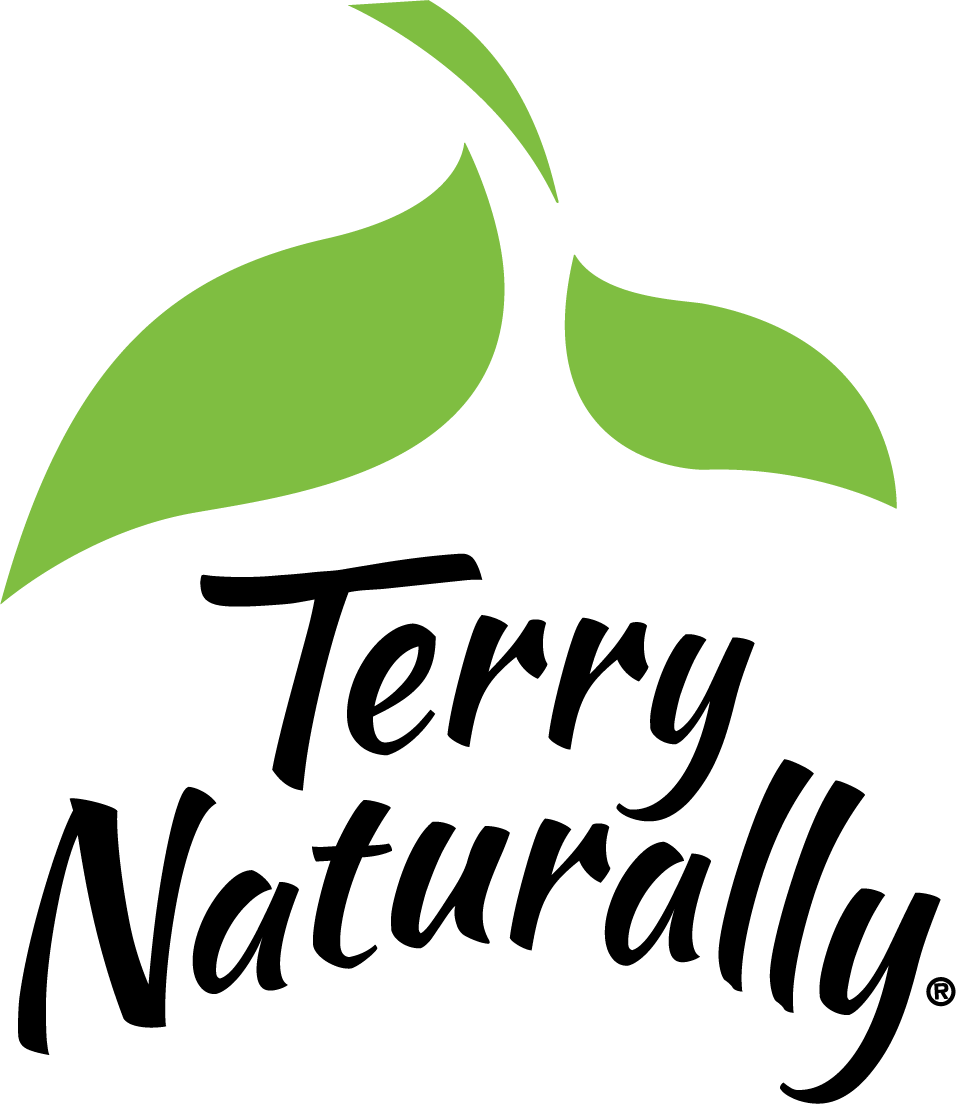Most of you probably know by now that curcumin is at the top of my list as one of the most beneficial anticancer botanical compounds ever known. And, that holds true for prostate cancer as well.
As a strong anti-inflammatory—without damaging the liver or stomach—curcumin is uniquely qualified to fight cancer. That’s because one of the primary causes of tumor formation is inflammation. In fact, the COX-2 enzyme—most often associated with physical pain—may also have a role in the formation of prostate cancer lesions. Curcumin is unmatched at keeping this inflammatory pathway in check.
Aside from affecting the pathways and enzymes that can lead to tumor formation, curcumin also appears to directly reduce tumor growth and prevent additional development. For example, it stops the development of blood vessels that build and feed the structure of prostate tumors.
Curcumin inhibits the mechanisms in the body that allow cancer cells to spread into surrounding tissue and cause additional tumors. Cell research has shown that curcumin slows that process, and activates the signals in the body that lead to cancer cell death, called “apoptosis.” And, while it is destroying cancer cells, laboratory studies show that curcumin also acts as a chemosensitizer, meaning that lower dosages of toxic chemotherapy and radiation treatment can be used. I think that’s an idea that is long overdue.
But, what I find most fascinating about curcumin is that it can stop the multitude of conditions that lead to prostate cancer: inflammation, oxidation, DNA damage, and the cell-signaling that makes tumors form and spread.
Benign prostatic hyperplasia (BPH)—otherwise known as “enlarged prostate”— is another hormone-driven condition that men typically experience as they get older. Because the prostate enlarges, it puts pressure on the urethra and causes problems including, a weak urinary stream, “stopping and starting” issues, and difficulty emptying the bladder.
While BPH is not the same as prostate cancer (nor does it mean you’re going to get prostate cancer) it is interesting that curcumin has been shown to inhibit hormones that cause BPH conditions and prostate growth.
The type of curcumin you use makes a difference. I recommend a clinically studied curcumin that is blended with turmeric essential oil for better absorption, plus enhanced benefits from the turmerones in the extract. I think it more fully mimics the benefits of a lifetime of turmeric consumption—like you’d see in India—but does so in a therapeutic way that actually gets results for those of us who’ve indulged in a Western diet.
Pomegranate
In a two-year clinical study, men with increased levels of prostate-specific antigen (PSA, a marker of prostate cancer) consumed 8 ounces of pomegranate juice daily while researchers monitored the rise or fall of PSA levels. By the end of the main phase of the study, PSA levels declined in 35 percent of the patients. Two percent of the patients (4 men out of a total of 46) showed a 50 percent decline in PSA levels. Plus, researchers noted a 12 percent decrease in cell growth and a 17 percent rise in cancer cell death.
But if you’re only drinking the juice of pomegranate, you’re missing out on one of its most important compounds: omega-5 fatty acid, which is found in the seed oil. Pomegranate is the only known botanical source of an omega-5 fatty acid called punicic acid.
While punicic acid from pomegranate hasn’t received as much attention as pomegranate fruit or juice, current research finds that omega-5 from pomegranate inhibits PSA and stops the growth of blood vessels that feed tumors.
Grape Seed Extract
This natural wonder can do just about anything—including stopping the development and tumor growth of prostate cancer.
Cell studies at the University of Colorado—one of the leaders in grape seed research—show that the extract kills prostate cancer cells by stopping the inflammatory pathways that set them up to become cancerous. Other research points to an additional way grape seed extract stops tumors: by preventing cancer cells from connecting to blood vessels, and depriving them of oxygen and nutrients.
The process of blood vessel creation—angiogenesis—involves quite a few steps. And in each of these, grape seed extract can intervene to stop it from occurring. One of the natural proteins most associated with the development of blood vessel growth is Vascular Endothelial Growth Factor (VEGF). Laboratory work at the University of Colorado showed that grape seed extract slowed this process and inhibited tumor volume by up to 73 percent and tumor weight by up to 47 percent. I believe the scientific community is beginning to recognize that grape seed extract could be a partner to conventional treatments for prostate cancer and help them be more effective.
Like any nutrient, the key compounds need to be absorbed before you’ll see any difference. That’s why I recommend a French grape seed extract that is tannin-free and provides only low-molecular weight oligomeric proanthocyanidins (OPCs). They absorb best so you actually get the prostate protection you need.
Silybin from Milk Thistle—Not Just for the Liver
While milk thistle and its compounds are known for restoring the liver after poisoning or chronic disease, silybin—one of the botanical’s key components—actually has amazing abilities as a potential preventative and treatment for prostate cancer.
Cellular research at the University of Colorado shows that compounds from milk thistle, including silybin, work on a molecular level to stop the cellular signaling that leads to the development of blood vessels that feed tumors—an effective way to stop prostate cancer from getting the nutrients it needs to grow.
Because silybin detoxifies harmful substances and has such a powerful protective effect on liver and prostate cells, I think it is a perfect addition to any man’s regimen.
Vitamin D3
There has been a lot of research that shows a correlation between men with low circulating levels of vitamin D and the development of aggressive prostate cancer. In a Harvard Medical School clinical study, 14 percent of the participants (all of European descent) had genes associated with less efficient use of Vitamin D, and as a result were more susceptible to prostate cancer. In fact, the combination of low vitamin D levels and a slight genetic difference associated with poorer use of vitamin D meant they were more than twice as likely (2.5 times) to develop aggressive prostate cancer.
However, men with enough vitamin D on board—even if they were genetically prone to the disease—seemed to be protected from prostate cancer.
Interestingly, people with lighter skin synthesize vitamin D from sunlight more easily than people with darker skin. This may partially explain the increased risk factor of prostate cancer for African American men.
Here again, the form of a nutrient makes the difference. Vitamin D3—as opposed to vitamin D2—is already the type the body synthesizes. This is the form of vitamin D with the best absorption and results.

Protect Yourself Against Prostate Cancer
The nutrients I recommend: curcumin blended with turmeric oil, pomegranate seed oil rich in omega-5 fatty acids, low-molecular weight grape seed extract for better absorption, silybin from milk thistle, and vitamin D3—can help you fight back against prostate cancer. Start using this combination right now—whether you’re in your 20’s or your 80’s—and make prostate cancer a disease whose time has come to an end.
To prevent or fight against prostate cancer, I recommend curcumin, pomegranate seed oil extract, French grape seed extract, silybin, and Vitamin D3 taken daily.
